Local land taxes might provide a route to funding rail improvements in northern England, such as HS2’s eastern leg and a new line between Manchester and Leeds.
The suggestion came from Transport for the North’s board meeting in Leeds on November 24, held in the wake of the UK government revealing in its Integrated Rail Plan (IRP, RAIL 945) that it was axing HS2’s eastern leg and only planning to build half the new route that TfN wanted across the Pennines.
Greater Manchester Mayor Andy Burnham said that taxes raised off the back of increases in land values prompted by the new lines could be used to help fund them. He said this method was used elsewhere in the world, specifically citing Hong Kong.
North of Tyne Mayor Jamie Driscoll said the method was helping to fund the return of passenger services to the Northumberland Line to Ashington.
All five metro mayors attended the meeting - Burnham for Greater Manchester, Steve Rotheram for Liverpool City Region, Dan Jarvis for South Yorkshire, Tracey Brabin for West Yorkshire, and Driscoll for the North of Tyne area.
Asked by RAIL at a press conference following the board meeting whether their insistence on the east-west Northern Powerhouse Rail (NPR) project had given government the chance to drop HS2’s eastern leg, the five metro mayors stood silent with only TfN Interim Chairman Louise Gittins answering. She said that both NPR and HS2E needed to be delivered, not “bits and bobs”.
To read the full story, see RAIL 946

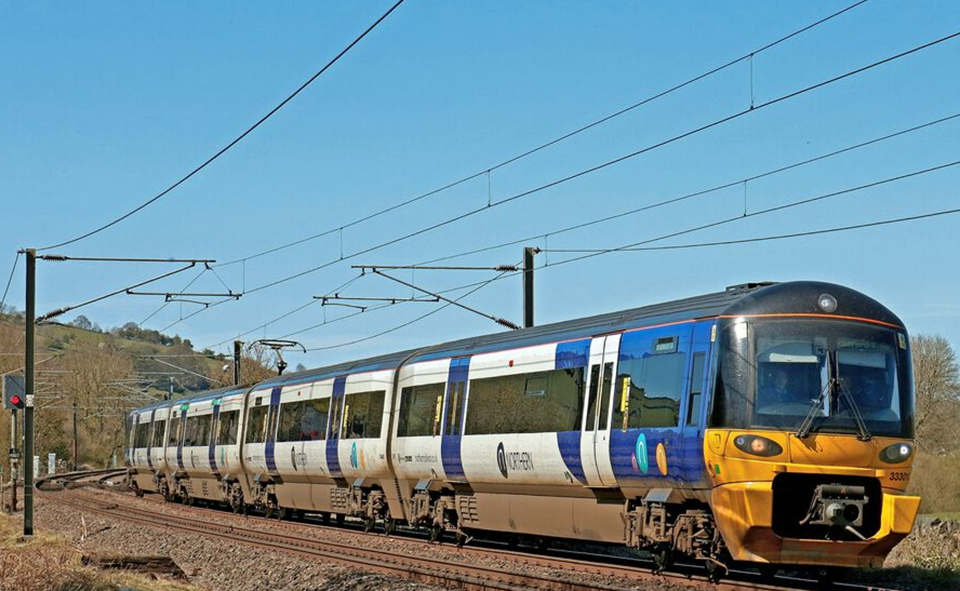
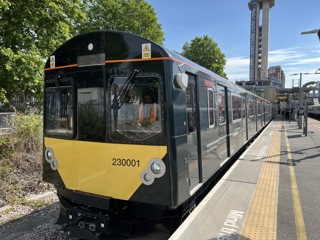
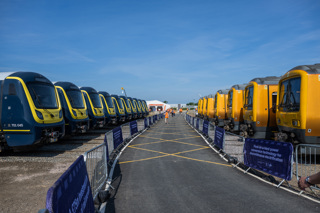
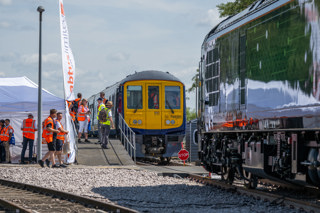
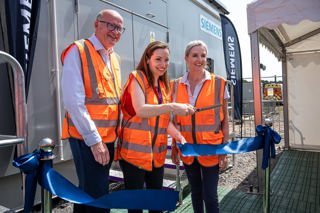
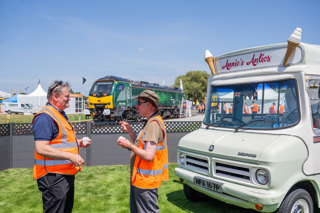







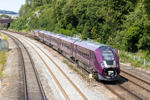



Güntürk Üstün - 08/12/2021 23:30
When the U.K.’s high-speed rail plan was cut in half by the government, that decision normally angered northern cities that were promised upgraded service and faster trains. It is not very difficult to comprehend that the cost savings in question are nonetheless likely to be the predominant cause in a country badly hit both by Brexit and the COVID-19 pandemic. For rail passengers, the cuts will mean missing out on some long-desired service upgrades. Current journey times in the region can be shockingly slow by European standards (the fastest train between Manchester and Leeds takes 49 minutes to travel just 36 miles/58 kilometers). The other major issue is of course capacity: Many busy routes in northern England are heavily congested. By creating a fast intercity track alongside the existing network, the original version of NPR would have freed up track space for more regular local trains. Whereas the COVID-19 pandemic has drastically reduced request for commuter rail services, there are still reports of crowded trains crossing the region. In a highly developped and modern country, London possesses Britain’s only existing high-speed track which links the city to mainland Europe via the Channel Tunnel. And this striking reality should not be something to be proud of for a country that is rightfully considered as being the "cradle of rail transport"! Dr. Güntürk Üstün